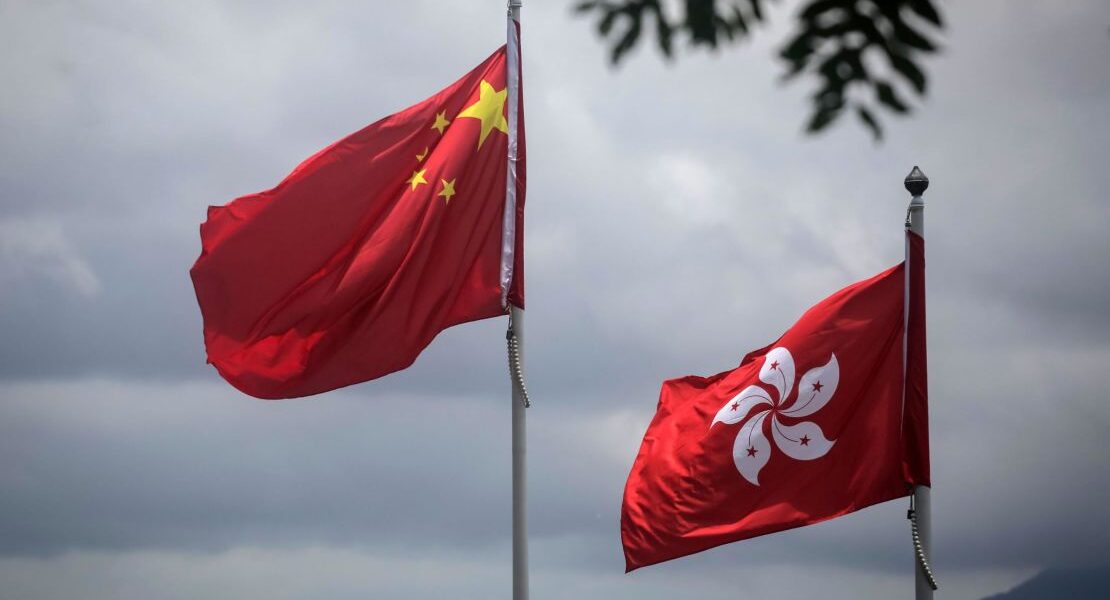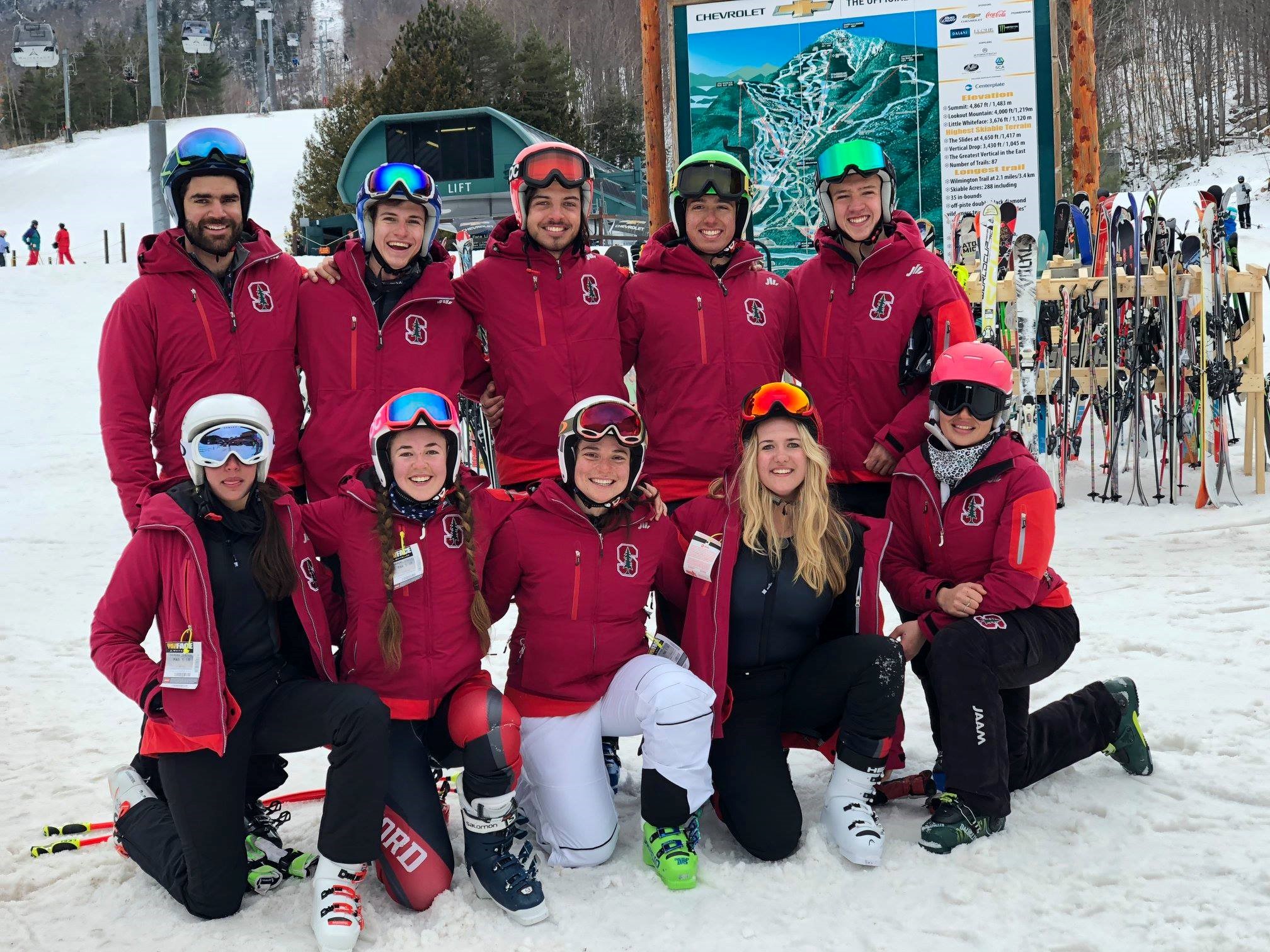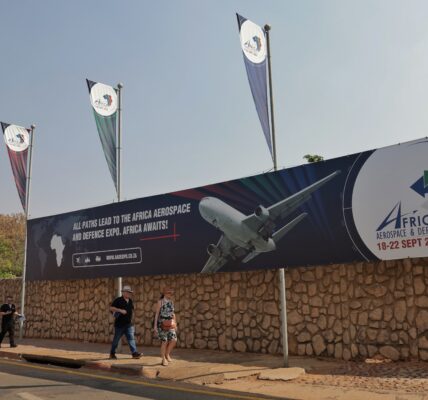Hong Kong’s Crackdown Continues: 14 Pro-Democracy Activists Arrested for Subversion

In a landmark case under the Beijing-imposed National Security Law (NSL), Hong Kong has convicted 14 pro-democracy activists and former lawmakers on charges of subversion. This mass trial, the most severe application yet of the NSL, highlights the Chinese government’s intensifying crackdown on dissent and erosion of civil liberties in the territory. The same law is currently being used to prosecute media tycoon Jimmy Lai.
The Trial and Convictions
The National Security Law, enacted in 2020, has been a controversial tool for curbing freedom of speech and dismantling the pro-democracy movement in Hong Kong. On 30 May 2024, three judges, handpicked by the Beijing-controlled Hong Kong Chief Executive, convicted the 14 activists. Two were acquitted, while 31 other defendants had previously pleaded guilty in the hope of receiving more lenient sentences. The sentencing for the convicted activists, which could range up to life in prison, will be announced at a later date.
“Hong Kong’s mass show trial lays bare Beijing’s utter contempt for fundamental freedoms and democratic political processes,” said Maya Wang, Associate Director of the Asia divison at Human Rights Watch. “The Hong Kong government needs to quash the convictions of these activists and fulfil its legal obligations to protect the rights of the Hong Kong people, including their right to freely elect their government”.
Background and Charges
The case, Hong Kong’s largest under the National Security Law, involved charges of “conspiracy to commit subversion,” under Article 22 of the NSL.
The 47 democracy activists charged include former lawmakers, protest leaders, and academics, aged 26 to 68. Many whom have been in pretrial detention since their arrests in January 2021.
The charges stem from the activists’ involvement in organising or participating in a July 2020 informal public opinion poll aimed at selecting pro-democracy candidates for an upcoming legislative election. The goal was to secure more than half of the legislative seats to push for universal suffrage and other democratic reforms long promised under the city’s Basic Law. Despite government threats, over 600,000 Hong Kong residents participated in the poll.
The court ruled that the defendants’ actions constituted “seriously interfering in, disrupting or undermining the performance of duties and functions” of the government, thereby amounting to state subversion. The judges further broadened the interpretation of “unlawful means,” not limiting it to criminal acts, a stance that defence teams argued could lead to excessive and uncertain applications of the law.
International Reactions and Human Rights Concerns
The convictions have drawn sharp criticism for violating international due process standards, including prolonged pretrial detention and the denial of a jury trial. Particularly concerning is the case of Gordon Ng Ching-hang, an Australian citizen, who was denied consular access as mandated by international law.
Human Rights Watch and other organisations have denounced the broad and arbitrary application of the NSL, which they argue criminalises the peaceful exercise of fundamental rights protected under the Basic Law and the International Covenant on Civil and Political Rights.
Global and Domestic Responses
The UK’s Minister for the Indo-Pacific, Anne Marie Trevelyan, stated that the case “tarnishes Hong Kong’s international reputation” and “sends a message that Hong Kongers can no longer safely and meaningfully participate in peaceful political debate”.
The EU pointed to the “further deterioration of fundamental freedoms and democratic participation,” while Australia objected to the broad application of the NSL, highlighting the case of Gordon Ng, an Australian citizen.
Despite these concerns, only the United States has imposed targeted sanctions on officials responsible for the crackdown on civil liberties following the enactment of the NSL.
Beijing’s foreign ministry defended the actions, asserting that “Hong Kong is a society based on rule of law” and criticised foreign interference. Hong Kong officials have lauded the NSL’s nearly 100% conviction rate, though legal experts argue this reflects the law’s role in silencing dissent.
Mitigation hearings will begin on the 25 June, with sentences to be handed down at a later date. Under Article 22 of the NSL, those convicted of “state subversion” could face sentences ranging from less than three years to life imprisonment, depending on their level of involvement.
The verdict against the 14 activists represents a significant escalation in Hong Kong’s use of the NSL to suppress dissent and pro-democracy movements. The international community continues to watch closely, with calls for more concrete actions to support the democratic aspirations of Hong Kong’s people. The upcoming sentencing will further test the resolve of global human rights advocates and Western governments in responding to Beijing’s tightening grip on Hong Kong.


































































































































































































































































































